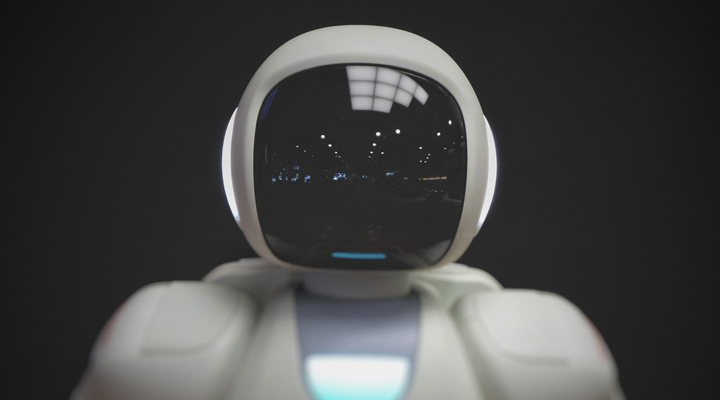Artificial Intelligence (AI) is undoubtedly one of the most promising and revolutionary innovations of recent decades. Thanks to its immense potential, AI has the power to profoundly transform our world, offering cutting-edge solutions to address some of the most urgent challenges of our time.
However, like any disruptive technology, Artificial Intelligence also raises several concerns. One of the main worries is the fear that AI could replace humans in many jobs and professions, potentially leading to job losses and a radical change in the labor landscape. In this article, we will explore the possible implications of Artificial Intelligence on the world of work, trying to understand how it might affect employment in the future.
First of all, it is crucial to clarify that Artificial Intelligence is not intended to fully replace humans in the workplace. Instead, many AI applications are designed as tools to support humans in optimizing productivity and improving efficiency. Many companies are already integrating AI into their processes to optimize work management, automate production, analyze large volumes of data, and enhance workplace safety.
Moreover, Artificial Intelligence can represent a resource for creating new professional opportunities and stimulating innovation. Several startups, for example, are leveraging AI to develop innovative products and services, thus contributing to the creation of new jobs in emerging fields such as robotics, cybersecurity, and data analysis.
However, it cannot be ignored that Artificial Intelligence could also lead to the disappearance of some professions. In particular, certain technical professions could be directly impacted, such as programmers, software engineers, and data analysts. Over time, AI might be able to write code and analyze data more quickly and efficiently than humans, making certain roles obsolete.
Fields like journalism, writing, and advertising could also experience significant changes. AI algorithms are already capable of generating articles and content autonomously, and with the evolution of the technology, it is likely that these systems will become increasingly sophisticated, producing high-quality texts. This could reduce the demand for professionals in these areas.
The legal sector could also be affected, as AI could take on tasks such as processing legal documents or analyzing vast amounts of legal information, thereby reducing the need for staff in certain areas.
Furthermore, the adoption of AI raises important ethical questions, particularly when it comes to balancing the use of technology with other moral concerns. An example is the use of AI in military or surveillance applications, where ethical principles related to national security and individual rights must be considered. In healthcare, the use of AI could conflict with privacy and data protection for patients. In such cases, it is essential that designers and users of AI act responsibly, carefully weighing the implications of their choices.
Photo: Unsplash (Licence CCO)







